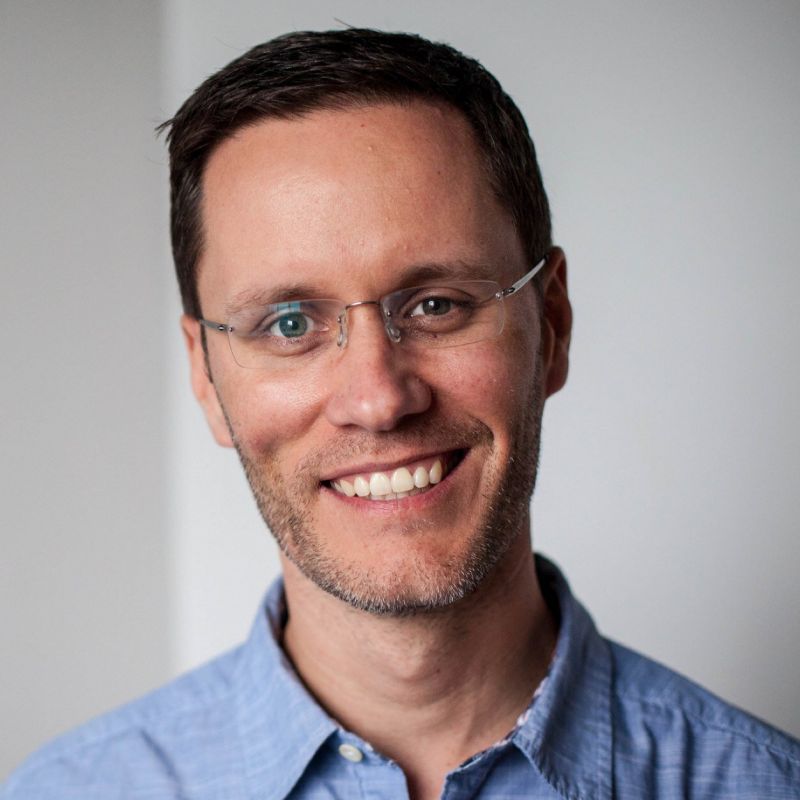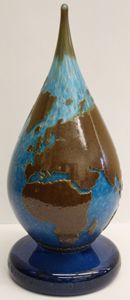2017 OU International Water Prize
Published on by Water Network Research, Official research team of The Water Network in Social
The prize, first awarded in 2009, is one of the first and largest awards dedicated in the field of water supply and sanitation in remote areas of emerging regions.
 Eric Stowe, a nonprofit founder who has built a franchise model that provides clean water to orphanages and schools in developing countries was named the winner of the 2017 OU International Water Prize.
Eric Stowe, a nonprofit founder who has built a franchise model that provides clean water to orphanages and schools in developing countries was named the winner of the 2017 OU International Water Prize.
Stowe, Splash founder, will receive the $25,000 cash prize and an original, hand-blown glass trophy when he delivers the plenary lecture at the conference, scheduled Sept. 18-20, 2017.
The prize, first awarded in 2009, is one of the first and largest awards dedicated in the field of water supply and sanitation in remote areas of emerging regions.
The announcement was made at the conclusion of Thursday’s WaTER Symposium and Banquet in the Molly Shi Boren Ballroom on the University of Oklahoma campus.
Stowe said the award was a surprise.
“The award, to date, has gone to such stellar leaders in the water sector. To be named alongside them is quite an honor,” he said. “The selection committee has a lot of deep exposure and experience; for them to land on Splash as the focus of this award is wonderful.
“I am very proud of the work we do, so to be highlighted by some great names in the sector is quite a joy — not because it focuses on me, in particular, but because it spotlights the projects we work so very hard at and the kids we work so very hard for.”
The award is funded by the OU President’s Office and donor gifts.
Randy Kolar, director of civil engineering and environmental science, said the problems addressed by engineers working in water and sanitation do not usually warrant front-page news.
“These problems we work on span borders,” Kolar said. “They are not just Third-World problems.”
Juror Ned Breslin said OU should be proud of its commitment in the area.
“You are really leaders in this area,” he said.
 The Water Center, headed by engineering professor David Sabatini, has a goal of promoting peace by advancing health, education and economic development through sustainable water and sanitation solutions for impoverished regions.
The Water Center, headed by engineering professor David Sabatini, has a goal of promoting peace by advancing health, education and economic development through sustainable water and sanitation solutions for impoverished regions.
It sponsors interdisciplinary courses with water relevance and a water minor, sponsors undergraduate and graduate research, outreach and travel.
“Eric Stowe is extremely deserving of the prize, based on his work to date, the trajectory of his ongoing work and especially the inspiration he will provide to countless OU students, faculty and global citizens to follow his example and together solve the global water crisis,” Sabatini said. “We are very pleased to add Eric Stowe to our distinguished group of OU International Water Prize winners and trust the prize will further advance his pioneering work.”
Jim Chamberlain, co-director for the Education and Outreach Water Technologies for Emerging Regions (WaTER) Center at OU, said Eric and Splash have made significant contributions to clean water throughout the world, including bringing clean water to China.
“I am so excited to have Eric Stowe as our newest Water Prize winner,” he said. “Eric represents a new generation of social entrepreneurs, someone who is focused on long-term sustainability that does not depend on charitable handouts.
“Splash, instead, uses a kind of franchise business model that gives ownership of water treatment systems to local owners who invest in the product and reap the rewards.”
Breslin was joined on the award selection panel by Afreen Siddiqui, a Massachusetts Institute of Technology research scientist and a Harvard University visiting scholar; Sarina Prabasi, CEO of WaterAid America; Eric Wood, a Princeton University professor; and James Smith, a University of Virginia professor.
Jurors, introduced by OU vice president and dean of the Price College of Business Daniel Pullin, discussed their interests and motivation for working in the field of water and sanitation. Pullin called their work “an incredibly exciting environment.”
Breslin, an entrepreneur in the water and sanitation sector for nearly 30 years, urged guests to try new approaches to the world’s problems.
“We’ve got to stop doing the same thing over and over every year,” he said. “The power is to get out of your comfort zone. Embrace discomfort and do something new.”
Prabasi discussed how water and sanitation become part of the climate change equation. Siddiqi discussed the need for more study on the intersection of water, energy and food production.
“Our resources have become interconnected,” she said, noting the world will require 30 percent more water by 2030.
Smith discussed the creation of MadiDrop, a disinfectant tablet used to treat water at the point of use rather than in treatment plants, as is done in developed countries.
“Three to four billion people in the world don’t have what we have,” he said.
Smith said 50 pilot projects in 30 countries are using the disinfectant tablet that is made of simple ingredients.
Source: The Norman Transcript
Media
Taxonomy
- Charity
- Water Access
- Water Supply
- Drinking Water
- Water Sanitation & Hygiene (WASH)